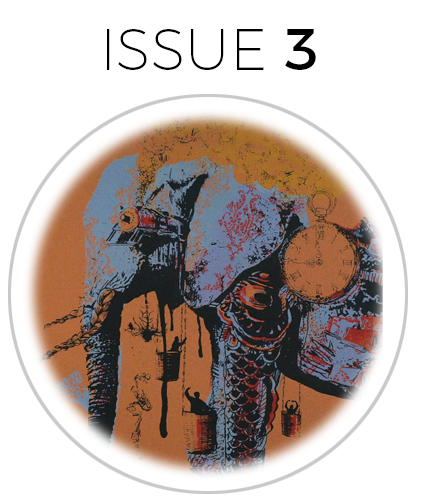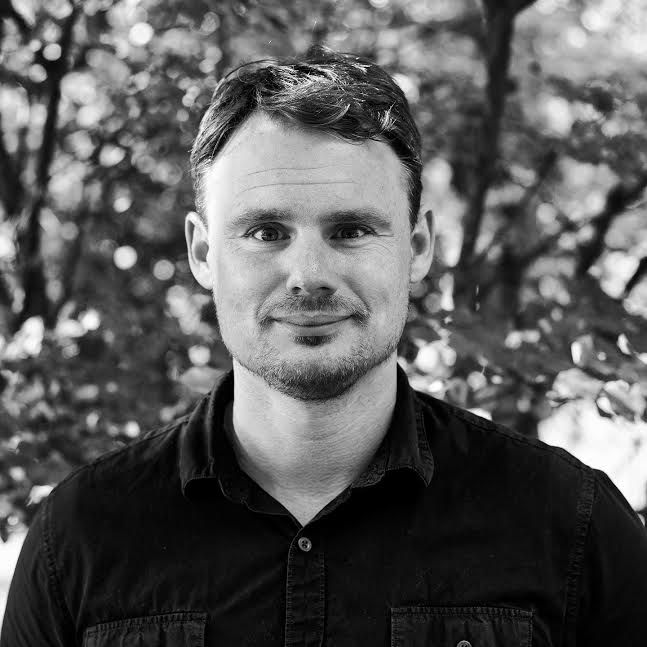DunkFiction by Charlie Malone
He looks the same. Eighteen years ago we had been in a band together. I moved out west, married, climbed some mountains, had kids, lost a great job, found a terrible one, gained weight, and moved back home to take care of my parents. I reached out to him and asked if he wanted to meet up and he enthusiastically agreed.
|





